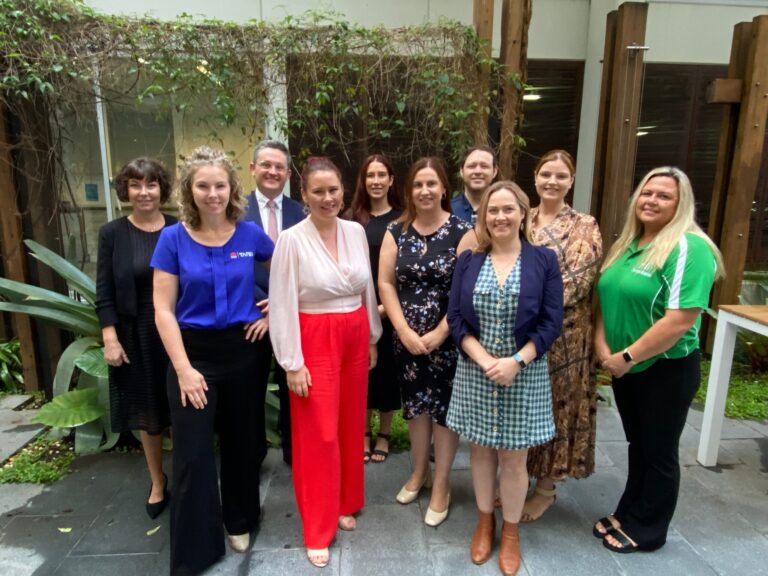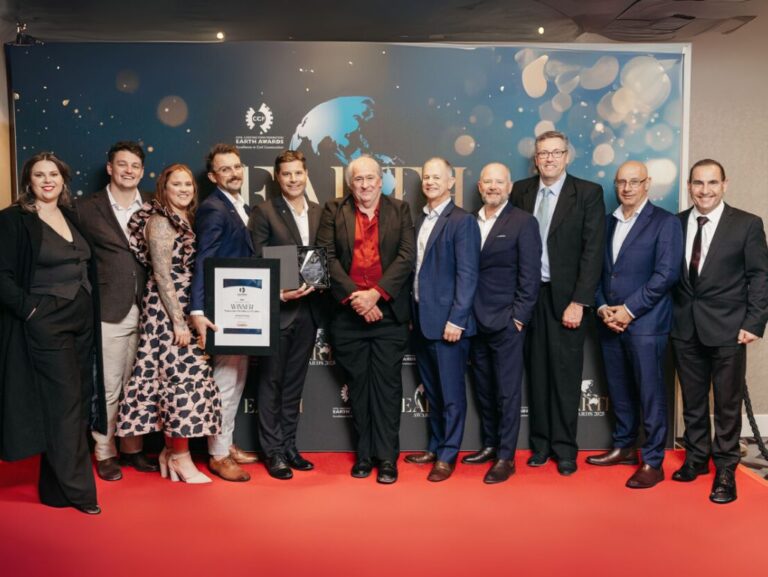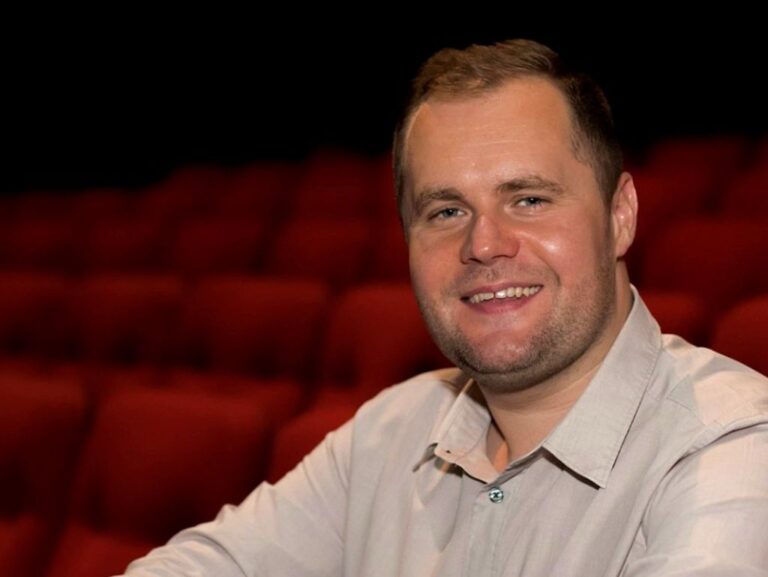The Hunter New England and Central Coast Primary Health Network (HNECC PHN) is one of six Primary Health Networks that have been selected to pilot a new model of trauma-informed care to support victim-survivors of family, domestic and sexual violence commencing in 2024.
More than $103 million is being invested in pilot programs to run through Primary Health Networks (PHNs) across Australia.
The $67 million Supporting Recovery pilot program will focus on the long-term recovery of victim-survivors. Those residing in pilot regions will have access to free, long-term trauma-informed mental health care.
A further $36.8 million will build on a successful pilot, supporting the Primary Care response to family, domestic and sexual violence PHN pilot, already underway to increase the skills of staff in primary care to better identify, care for and refer people who are experiencing family and domestic violence.
The Hunter New England and Central Coast region has one of the highest rates of Domestic Family and Sexual Violence (DFSV) in NSW.
HNECC PHN Chief Executive Officer, Richard Nankervis said the ‘Safe and Healthy team’ has a vision that all children, young people, adults, and their families are supported by the primary health system to live safe and healthy lives, free of violence and its adverse impacts.
“Through our Pilot Program Safe and Healthy the HNECC PHN has introduced a number of initiatives to enable general practices to provide more effective care and support for people experiencing family and domestic violence,” Richard said.
“This includes training for practice staff, a Primary Care Action Plan and Local Links providing a one-stop referral and advice point for patients impacted by domestic and family violence and clinicians.
“This new funding will allow the PHN to establish the Supporting Recovery Pilot providing subsidised trauma-informed mental health support and care coordination for victim-survivors of domestic family and sexual violence.
“The PHN thanks the Federal Government for its investment in these important pilot programs run through PHNs across Australia.”
Assistant Minister for Mental Health and Suicide Prevention and Rural and Regional Health, The Hon Emma McBride MP, said that one in three women has experienced physical violence since the age of 15, and one in five has experienced sexual violence, domestic and sexual violence is a major health and welfare concern for the government.
“Existing support services are often focused on crisis support which, of course, is critically important,” Emma said.
“But people who experience family, domestic and sexual violence can experience mental health conditions, like anxiety depression, and post-traumatic disorder, for many years, and often for life.
“The Supporting Recovery pilot recognises that victim-survivors of family, domestic and sexual violence need support for their recovery long after the violence has ended to truly recover and heal from their trauma.”
Specific to the HNECC PHN, from this funding $10.6 million will be allocated to Supporting Recovery and $3 million the extension of the Safe and Healthy program.
The funding will be used in two key areas:
- Enhancing trauma-informed mental health supports and exploring new models of recovery and healing for victim-survivors of DFSV. Pilot sites Moree and the Central Coast.
- Specialist training for the Primary Care community to build confidence to respond and care for patients experiencing domestic family and sexual violence (DFSV) and the development of a primary care dedicated DFV Local LINK support service; Pilot sites, Newcastle, Central Coast, Tamworth, and Hunter Valley/Port Stephens.
In addition to continuing the existing Safe and Healthy pilot, further funding has been provided to support people who have experienced child sexual abuse and or sexual assault.
The pilot expansion into child sexual abuse and sexual assault will be delivered in partnership with Central Eastern Sydney and Nepean Blue Mountain’s PHNs.
Both pilot programs are priority actions under the National Plan to End Violence Against Women and Children 2022–2032, established by the Australian Government together with state and territory governments in October 2022.






